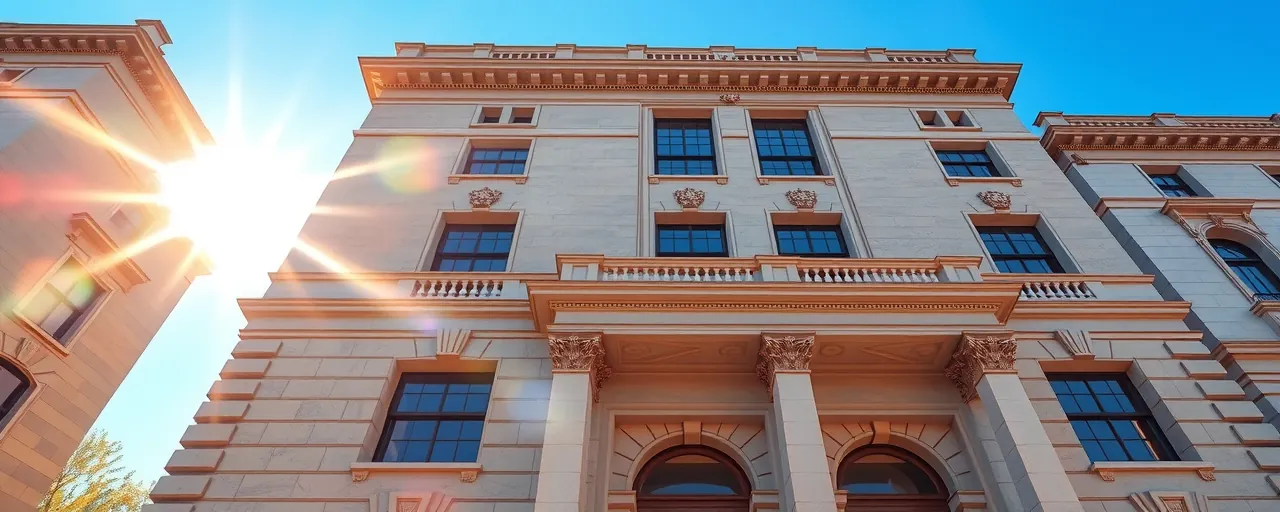A Defining Moment for Education
The University of Texas at Austin is taking a stand for the future of higher education. With a $100 million investment from the UT System Board of Regents, the School of Civic Leadership is set to redefine how we educate America’s next generation of leaders. This bold move signals a return to the principles that forged the nation’s greatness.
Governor Greg Abbott, speaking at the announcement, underscored the need to refocus universities on the ideas that built the United States. Founded in 2023, the School of Civic Leadership answers that challenge with a curriculum rooted in American constitutional principles, economic liberty, and Western thought. It responds to a growing concern that academia has strayed from fostering virtuous citizenship.
The timing is critical. As artificial intelligence and space exploration reshape the global stage, America needs leaders who combine technical skill with moral clarity. The School of Civic Leadership equips students to tackle these challenges, not just as professionals but as citizens grounded in enduring values.
This initiative reflects a broader demand for education that serves the public good. By prioritizing classical civics, Texas is ensuring that its universities produce graduates ready to lead with integrity in an increasingly complex world.
Why does this matter? Because the stakes are nothing less than the future of our nation. A generation educated in the principles of liberty and governance will be better equipped to preserve what makes America exceptional.
The Power of Classical Civics
At its core, the School of Civic Leadership offers a curriculum that engages with the foundational texts of Western civilization, from Aristotle to Madison. Unlike many modern academic programs that reinterpret history through ideological lenses, this school emphasizes primary sources and open dialogue. Students explore the principles of liberty and governance in their original context.
This approach isn’t new—it’s proven. Since 2018, programs at Arizona State University and the University of Florida have adopted similar models, supported by state leaders and private donors. Research shows that students in Great Books programs develop sharper critical thinking and ethical reasoning, skills essential for navigating global challenges like geopolitical tensions or technological ethics.
Some academics argue that focusing on classical texts overlooks the contributions of marginalized groups. This criticism falls short. The School of Civic Leadership builds on universal principles that apply to all, using the Constitution and economic liberty as frameworks to address societal needs while respecting individual rights.
Correcting Academia’s Course
Higher education has drifted from its mission. Many history and political science departments now prioritize advocacy over inquiry, a trend that alienates students and erodes public trust. Recent surveys reveal that Americans want civics education to focus on government structures and the Constitution, not social activism. The School of Civic Leadership meets that demand head-on.
With plans to hire 20 faculty by 2026 and enroll 100 Civics Honors majors, UT Austin is creating a program with the independence of its law or business schools. The $100 million will renovate a historic building into a modern hub by 2028, a testament to Texas’ long-term vision.
Some opponents label this initiative as political interference, citing the involvement of state leaders like Abbott and Lieutenant Governor Dan Patrick. Their critique ignores the broader context: universities must be accountable to the public. When academia veers into ideology, it fails its students. Texas is restoring balance by investing in rigorous, principle-based education.
Training Leaders for Tomorrow
The world is changing fast. Climate change, pandemics, and global rivalries require leaders who can think critically and act with resolve. The School of Civic Leadership prepares students for these challenges through courses on diplomacy, public policy, and grand strategy, blending classical civics with practical skills.
This aligns with global trends in higher education, where interdisciplinary programs prepare leaders for systemic challenges. Forums like the World Academy on Future Education stress the need for graduates who integrate scientific, social, and humanistic perspectives. Texas is leading the way by grounding its program in time-tested principles.
A Model for the Nation
The School of Civic Leadership is a beacon for higher education. Texas is proving that universities can prioritize the public good by teaching students to think critically about their nation’s founding principles.
Other states should take note. In an era of declining trust in institutions, programs like this restore confidence by valuing truth over ideology. The $100 million investment is a commitment to a future where leaders are guided by wisdom and virtue.
What does this mean for America? It’s a chance to rebuild an education system that produces citizens capable of upholding the nation’s ideals. Texas is setting the standard, and the rest of the country would be wise to follow.
